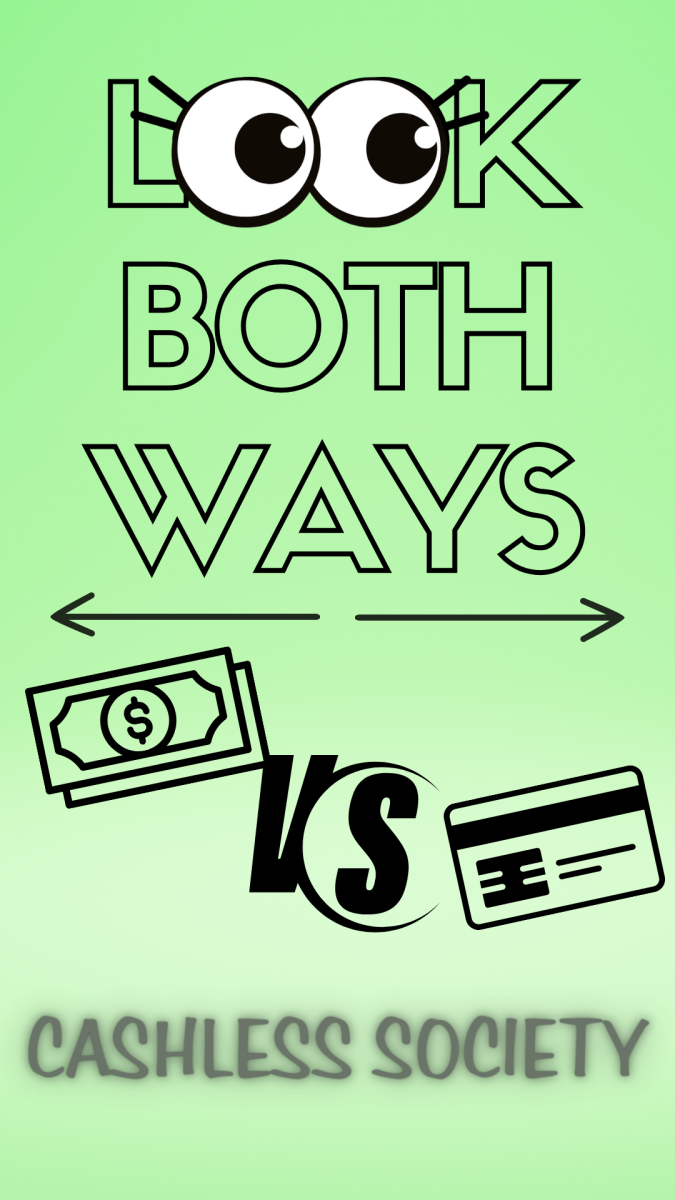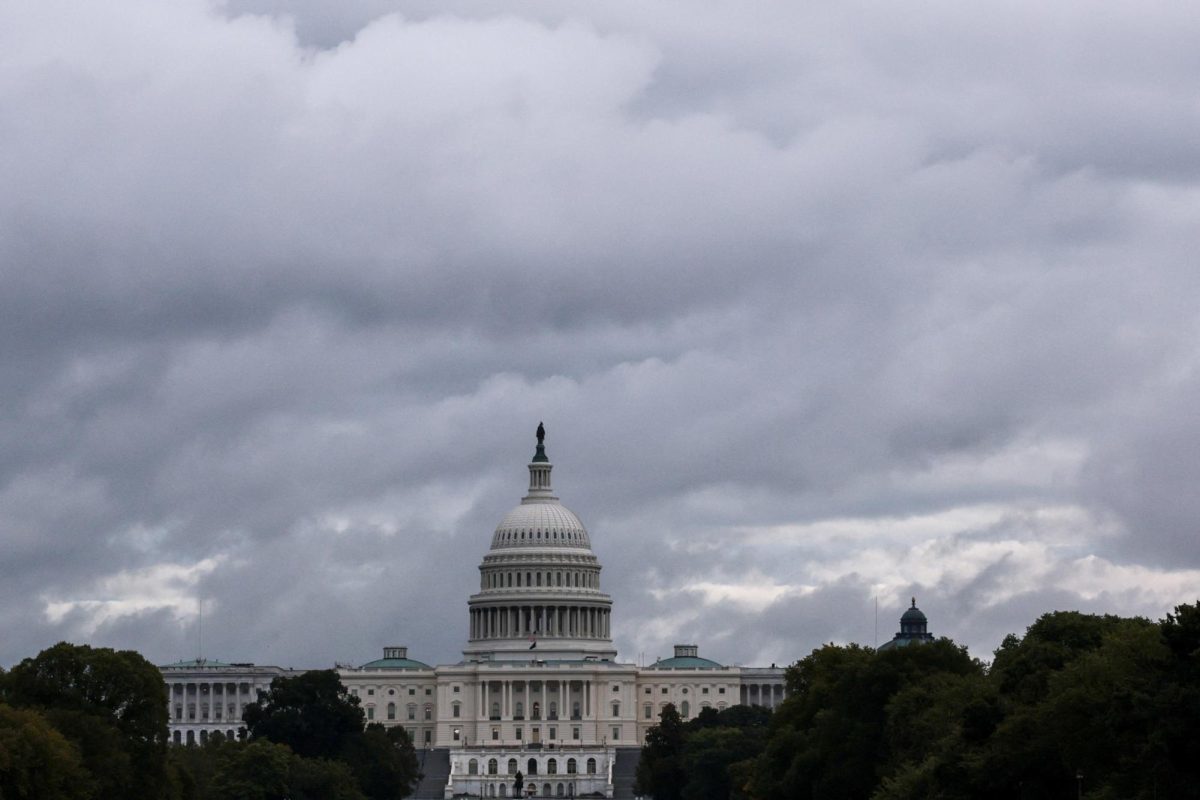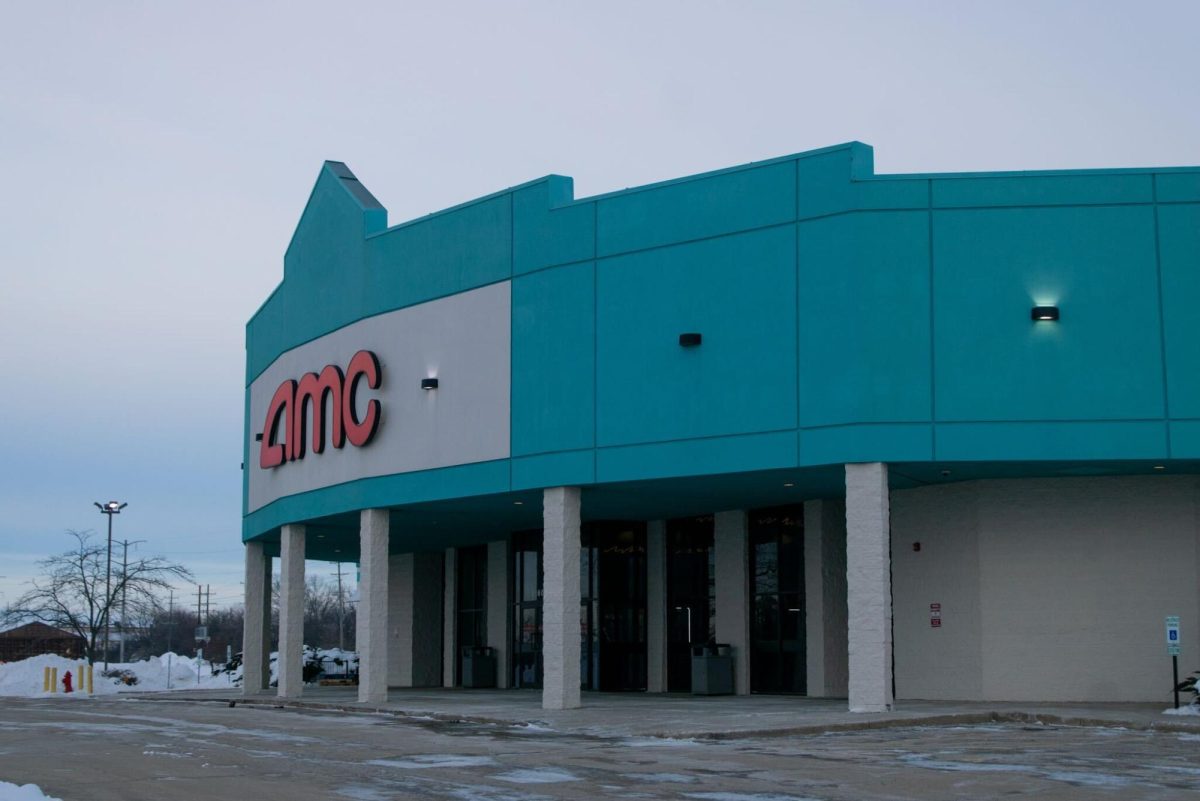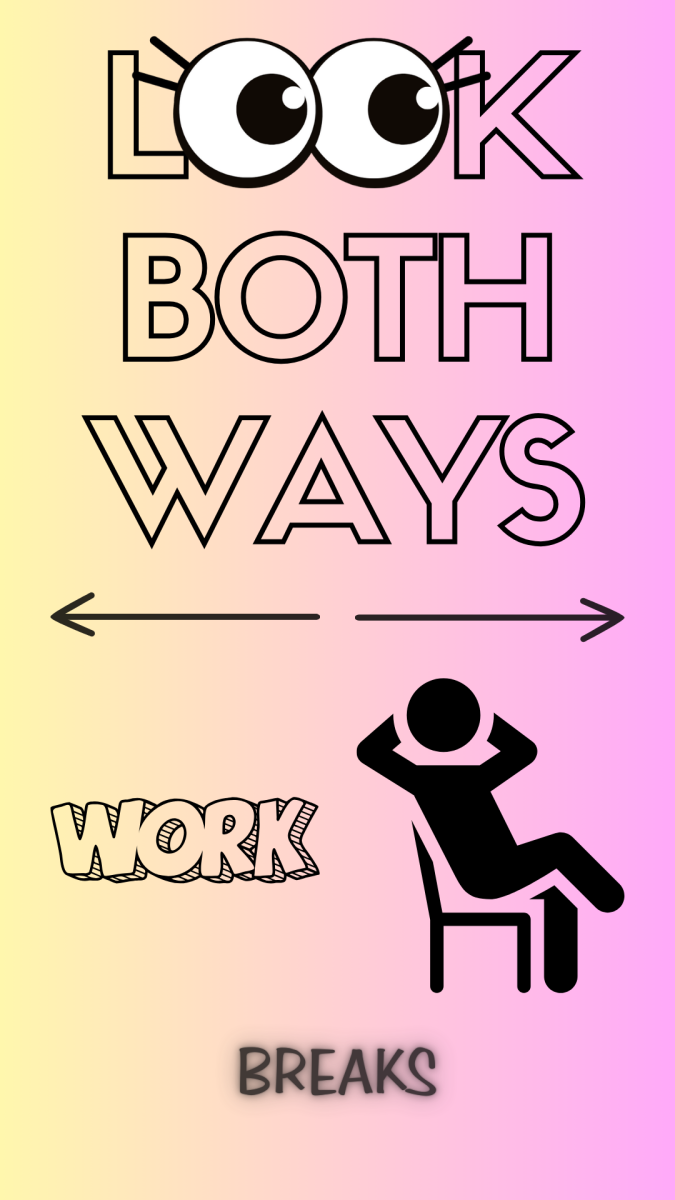THE U.S. SHOULD NOT GO CASHLESS
By: Jackson Shields, Opinion Columnist
Day after day our lives become more digitized. From how we communicate to how we get our food, the analog ways of the past have been thrown to the wayside in favor of digital speed and convenience. Items like the watch have fallen so far out of usefulness that they have become less than flashy jewelry to wear on the wrist – they’ve become antique.
The same should not be the case for cash and, unlike in the case of the watch, there is a material reason for why: the security of people’s livelihoods.
A cashless society is one in which physical currency, like the dollar in the United States, is completely eliminated. In its place, people exclusively use debit and credit cards to seamlessly transfer money from their accounts.
While the digitization of cash may be convenient, it is also convenient for cyber criminals who are looking to take advantage of you. Whether it be phishing scams or ransomware, there are countless traps lurking around every corner of the internet, ready to spring and steal your information – including everything necessary to access the accounts where all your money is held.
In 2020, more than $4 billion were stolen as a result of cyber crime, according to the U.S. Department of State: a terrifying estimate when considering the methods used by cyber criminals only grow more intricate and difficult to detect each passing year.
Safe from these digital threats, however, is physical currency. If kept in a safe location, cash becomes practically invulnerable to the dangers of cyber theft.
Of course, burglary is still a concern, especially if you keep most of your money inside your home. But when considering that the rate of burglary in the U.S. has been on a steady decline for years, according to Pew Research Center, and that cyber theft has only trended up, it may be smarter to take a risk with the crimes of the past to avoid those of the future.
A cashless society would surely mean convenience, but convenience often comes at a cost, and in the case of cyber crime, the cost becomes all too literal.
THE U.S. SHOULD GO CASHLESS
By: Sofia Didenko, Opinion Columnist
Going cashless seems dystopian, but many of us already live a reality that does not involve handling much – if any – cash daily. Cash also has many disadvantages to credit and digital systems.
The convenience of having a digital wallet within a phone that is already going to be carried on you is unbeatable since digital payments are accepted in most places. Even if using a virtual wallet isn’t for you, a credit card is often faster and takes up less space than a wad of cash.
This seems to be a popular opinion, as 70% of individuals in one survey reported card payments as their most frequent choice and 76% expressed a preference for businesses that accept card payments, according to Forbes.
Going cashless also means there’s less potential for crime.
The same Forbes study reports that 29% of respondents felt a heightened sense of security carrying cards over cash. Despite this not being the majority, crime is much easier to track with digital payments that will likely leave some sort of trail. Digital records can make investigating a crime significantly easier.
On the other hand, it’s not easy to track a cash robbery. Cash gives criminals an advantage and makes those carrying it more vulnerable.
Credit cards and virtual payment methods often have complex security features like encryption and fraud detection.
Counterfeit cash, meanwhile, can be hard to detect and relies on a person to judge if a bill is real.
It is hard to avoid human errors, but going cashless can eliminate the risk, such as while distributing change to customers or counting bills in a workplace.
Oftentimes in fast food restaurants and retail stores, managers will count or recount cash after their cash-handling employees. This can take a lot of time and still leaves room for error.
Using purely credit within these spaces could eliminate the struggles that come with cash, benefitting the business as well as the costumes as it is less likely a credit transaction would give the wrong payment to an establishment. Going cashless may also spare us from a cold or more serious diseases like COVID-19.
During the COVID-19 pandemic, cash was banned from many establishments to prevent the spread of the disease.
Even post pandemic, cash continues to be passed around for 6-23 years, according to the U.S. Currency Education Program. During this time, it is exposed to all sorts of diseases and bacteria that should make us want to switch to card and digital payments.
Going cashless may also be cleaner for the environment. The power and resources used to produce cash can have a negative impact on climate change and toxicity.
As U.S. dollars are 25% linen and 75% cotton, there is potential for eco-toxicity from using pesticides in the process of cotton cultivation.
Lots of water is also used to make cash, which could be repurposed for more immediate needs, such as agriculture or drinking water.
In general, transporting money takes a lot of time, logistics and man-power that could be repurposed to focus on more demanding issues.
Cash has been a staple in our world for a while, but eliminating it can pose some benefits to our safety, efficiency, health and environment.
If the U.S. went cashless, it would not be as simple as announcing “cash means nothing.” The transition would take a while. Laws would be amended for optimal privacy and security similar to that which exists with cash.
But a properly executed cashless society can offer great benefits for individuals and businesses as well as secure technological and environmental advancements for the U.S. and beyond.




















